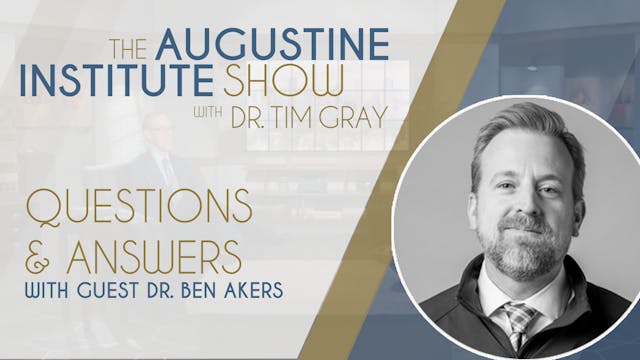How do we make sense of life? How should we treat others? How should we reasonably be expected to be treated by others? When human life is at stake, are there reasonable principles we can rely on to guide our actions? How should our laws be framed to protect human life? What kind of society should be built?
Many people rely on their religious beliefs to answer these questions. But not everyone accepts the same religious premises or recognizes the same spiritual authorities. Are there "public arguments"—reasons that can be given that do not presuppose agreement on religious grounds or common religious commitments—that can guide our thoughts and actions, as well as our laws and public policies?
In Ten Universal Principles: A Brief Philosophy of the Life Issues, Father Robert Spitzer, S.J. sets out, in a brief, yet highly-readable and lucid style, ten basic principles that must govern the reasonable person's thinking and acting about life issues. A highly-regarded philosopher, Father Spitzer provides an intelligent outline for thinking and talking about human life. This book is a powerful tool for persuasively articulating and effectively inculturating a pro-life philosophy.
Up Next in Most Popular
-
This is God's Work: The Power of Pray...
In the third video, “This is God’s Work: The Power of Prayer,” participants are invited to enter into a relationship of prayer with God, who is love, and to reflect on the reality of prayer as the foundation and cornerstone of a culture of life. Proclaiming and upholding the sanctity of human lif...
-
Q&A with Dr. Ben Akers | The Augustin...
Dr. Tim Gray and Dr. Ben Akers answer your questions on the Augustine Institute Show! Join us for this episode discussing Holy Week and the Triduum.
-
Matthew Part 2 | New Testament: Book ...
Watch our overview video on Matthew Ch. 14-28, which breaks down the literary design of the book and its flow of thought. In Matthew, Jesus brings God’s heavenly kingdom to earth and invites his disciples into a new way of life through his death and resurrection.
The Bible Project is a nonprofit...




2 Comments